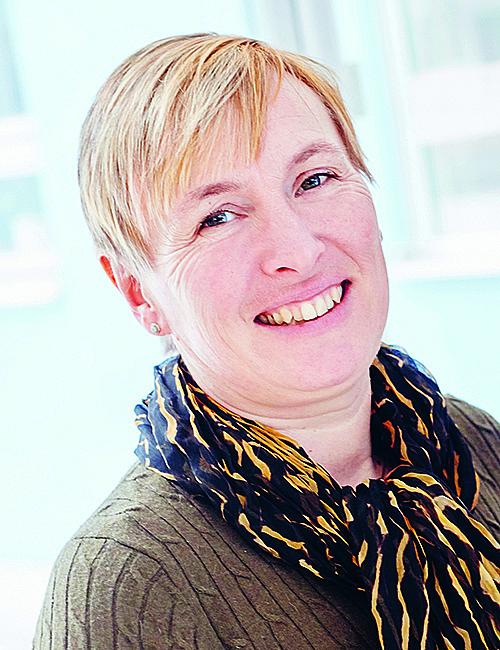Saffran Möller
Nämnder, råd m.m.
Saffran är Legitimerad fysioterapeut med doktorsexamen i Hälsa och välfärd inom protesteknik och har en Magister examen i fysioterapi. Saffran har arbetat i många år i nära samarbete med ortopedingenjörer, både nationellt och internationellt, vid rehabilitering efter en benamputation.
Saffrans huvudsakliga intresseområde är inom multidiciplinär rehabilitering, hur mobilitet och funktion kan påverkas av olika faktorer, såväl fysiska som psykiska såsom tilltro till egen förmåga (self-efficacy), kognitivt (graden av uppmärksamhet som krävs vid gång) samt omgivningsfaktorer och hjälpmedel.
Artikel
Möller, S., Hagberg, K., Ramstrand, N.
(2024).
Cognitive load in individuals with a transfemoral amputation during single- and dual-task walking: a pilot study of brain activity in people using a socket prosthesis or a bone-anchored prosthesis Journal of Rehabilitation Medicine, 56.
More information
Möller, S., Ramstrand, N., Hagberg, K., Rusaw, D.
(2020).
Cortical brain activity in transfemoral or knee-disarticulation prosthesis users performing single and dual-task walking activities Journal of Rehabilitation and Assistive Technologies Engineering, 7.
More information
Ramstrand, N., Möller, S., Rusaw, D.
(2020).
Transitioning to a microprocessor-controlled prosthetic knee – Executive functioning during single and dual-task gait Prosthetics and Orthotics International, 44(1), 27-35.
More information
Möller, S., Rusaw, D., Hagberg, K., Ramstrand, N.
(2019).
Reduced cortical brain activity with the use of microprocessor-controlled prosthetic knees during walking Prosthetics and Orthotics International, 43(3), 257-265.
More information
Möller, S., Hagberg, K., Samuelsson, K., Ramstrand, N.
(2018).
Perceived self-efficacy and specific self-reported outcomes in persons with lower-limb amputation using a non-microprocessor-controlled versus a microprocessor-controlled prosthetic knee Disability and Rehabilitation: Assistive Technology, 13(3), 220-225.
More information
Doktorsavhandling
Möller, S.
(2019).
Functioning in prosthetic users provided with and without a microprocessor-controlled prosthetic knee – relative effects on mobility, self-efficacy and attentional demand
(Doctoral thesis, Jönköping:
Jönköping University, School of Health and Welfare).
More information
Konferensbidrag
Edström, E., Gunnarsson, N., Möller, S., Sjöqvist, M.
(2025).
Studentaktivt integrerat lärande och tvärprofessionella lärarteam.
Arbetsterapiforum 2025, 6-7 maj 2025.
More information
Möller, S., Ramstrand, N., Hagberg, K., Rusaw, D.
(2019).
Can Microprocessor-Controlled Prosthetic Knees Reduce Attentional Demand during Single and Dual-task Walking?.
ISPO’s 17th World Congress (International Society for Prosthetics and Orthotics), 5-8 October 2019, Kobe, Japan.
More information
Ramstrand, N., Möller, S.
(2018).
Can prostheses and orthoses reduce the demand on higher order cognitive processes during walking?.
The 11th Nordic prosthetist and orthotist conference Copenhagen, Denmark, 6th – 8th September 2018.
More information
Övrigt
Möller, S., Ramstrand, N., Rusaw, D., Hagberg, K.
.
Differences in mobility for individuals using a non-microprocessor-controlled versus a microprocessor-controlled prosthetic knee.
More information


 Ändra din information
Ändra din information